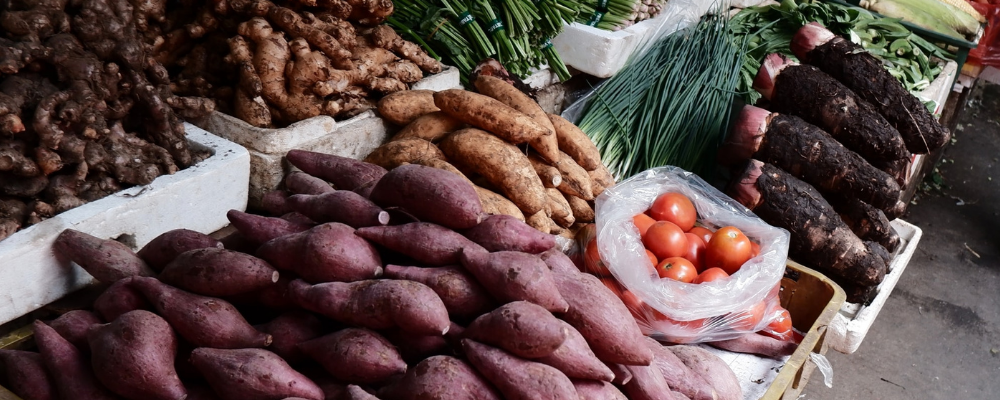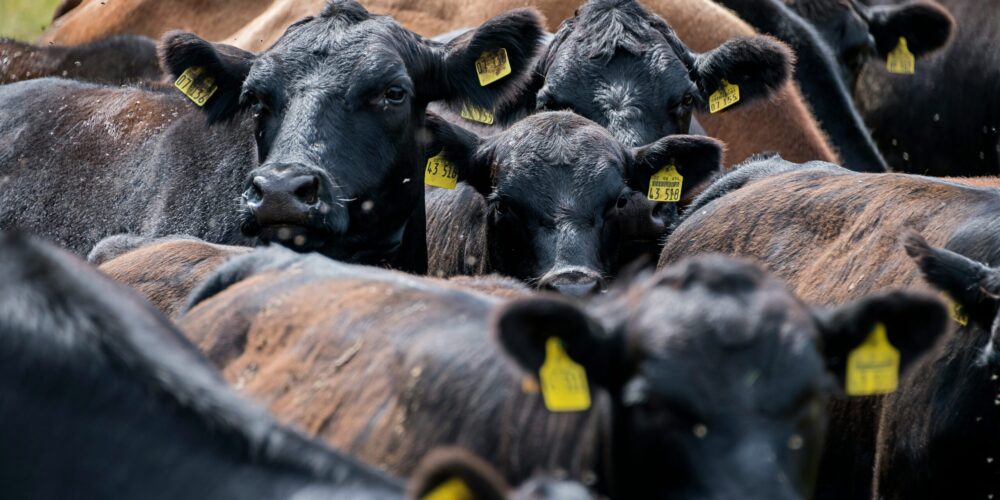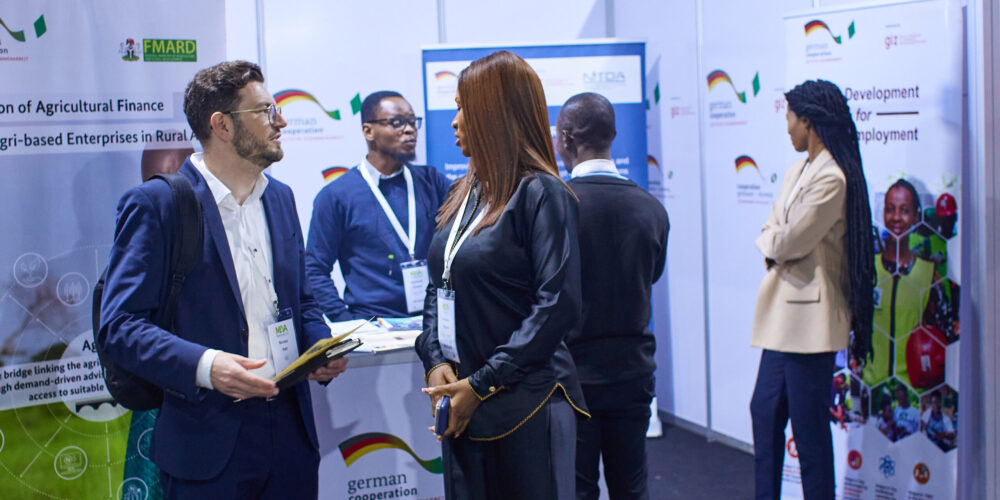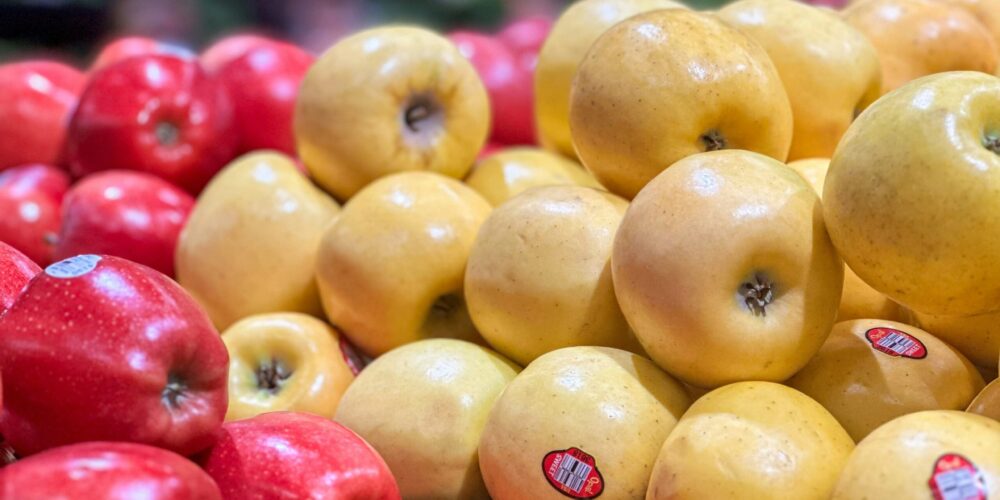Recent developments in Namibia have garnered attention, with several local articles…

Secrets you need to know about adding value to your tubers
Projected annual growth rate of tuber and root production is expected to grow by 2.28% between 2020 and 2029 according to Food and Agriculture Organization of the United Nations. At this rate the sub-Saharan African region alone will account for 41% of root and tuber cultivation.
But why will the farmer only receive the farm gate price for his production? If we consider the health benefits and opportunities to add value to these products with mobile technology the farmers and communities can benefit in many ways.
Let’s look at sweet potatoes and yams. Both are very common as a food source and have a long shelf life but if we do a little processing it can reach a larger market especially with new trends of gluten free products becoming a main stream need for consumers. Some studies have shown that the high antioxidant content in sweet potatoes may improve blood sugar regulation and reduce ‘bad’ cholesterol and yams may help relieve symptoms of menopause. Health trends are growing and much more since the world was engulfed with the Covid pandemic. This has had a positive effect on many products including versatile flours other than wheat and soya. Sweet potato has a higher nutrient value and is high in vitamins, iron and sugars and is gluten-free.
According to IndustryARC the Sweet Potato Starch Market size was estimated at $520 Million in 2019 and is projected to grow at a CAGR of 3.8% during the forecast period 2020-2025. With the abundant sun in Africa and with new solar technology we are able to make flour in or near fields.
The process is simple:
- Wash and peel the sweet potatoes
- Cut potatoes into thin strips and boil for 10 to 15 minutes, until the potatoes are soft, then drain potatoes
- Mash the sweet potatoes to a smooth consistency
- Spread potato mash on sheets
- Spread VERY thin
- Dry in a solar dryer
- When the top is dry, turn the sheets of sweet potatoes over, remove the tray wrap, and dry the underside
- Stop drying when crispy and when the product crumbles
- Put it in a blender and pack for the market.
This flour will be suitable for communities ;however once the demand increases and possible export opportunities arise a more permanent facility will have to be considered. The main problem is that factories in Africa are over engineered to begin with and often fail because of feedstock not being enough for the facilities large capacity. Start small and grow organically. Once the concept is proven many more communities will be willing to supply feedstock and be part of the greater value chain.
Sweet potato flour can be used as an alternative for wheat flour in bakery flour and as a thickener in different regions of the world these are just some of the drivers increasing demand in the market all over the world.
Diversify and add value to the farm gate prices. I believe that this will sustain the farmers, communities and in the end Africa. Calls for beneficiaries, sponsors and buyers
Are you a startup agribusiness? Are you a smallholder farmer? Do you need support to take your business to the next level? Share your story and apply, contact Debbie Payne at email deborah.payne@agricouncil.org and visit the AAC Market Support Programme website.
The AAC and its sponsors will contribute directly to the development of 10 million agribusinesses in Africa over the next 10 years. Support our mission by sponsoring MSP beneficiaries. Email Manuel Singano at manuel.singano@agricouncil.org.
The AAC is working with local, regional and international buyers to understand their specific requirements regarding products, labelling, certifications etc, and use this information to guide our beneficiaries in their production processes and product development. Contact Debbie Payne at deborah.payne@agricouncil.org and join our Buyer’s Network.
About the African Agri Council NPC (AAC)
The African Agri Council NPC (AAC) is a non profit pan African institution that promotes the development of sustainable food and agriculture in Africa. We are a network of key stakeholders connected to Africa’s entire food and agriculture business value chain.
We work with governments, investors and project owners and developers to accelerate investment into bankable agricultural projects, and bring together food and agriculture buyers and sellers and with a focus on attaining and improving access to regional and international markets.
Our networking platforms bring together thousands of members, partners, government representatives, investors, consultants, technology providers, retailers, farmers, aggregators and traders to connect, share knowledge and together help grow Africa’s agricultural sector. For more information visit www.agricouncil.org.
We run four annual events. These range in size from 400 to 950 participants. Our African Agri Investment Indaba (AAII) held in Cape Town is now Africa’s largest agribusiness and investment conference. The Investment Food Forum (IFF), Market Access Africa (MAA) and AFTI Summit have attracted a lot of interest from various stakeholders and partners. As a member, you will receive a discount off the registration fees of our events. Visit www.agricouncil.org to see our upcoming event dates and become a member.
For more information get in touch with Cindy Euston-Brown via email cindy.eustonbrown@agricouncil.org or go to www.agricouncil.org.


